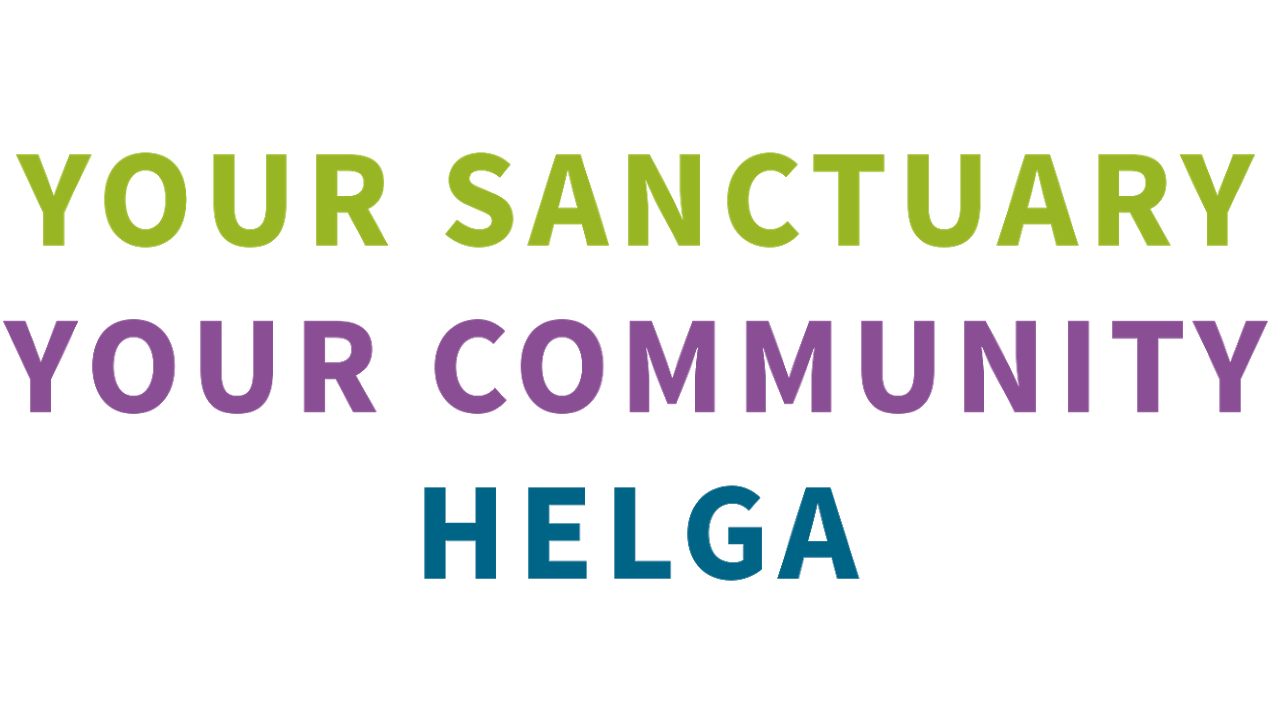Park picnic. The warm spring breeze brushes the cheekbones, the grass bumps leaning on the edges of the patterned blanket, and the branches of the trees flash to passing cars. The beautiful spring weather has also attracted a number of other people to bask in the sun.
Green tin boxes are not visible in the vicinity either. You can get to the nearest toilet with a euro entrance fee, or by buying coffee.
There is a commotion from the adjacent hedge. The smell of the flowers of the trees begins to be masked by the strong smell of urine. A piece of toilet paper flies behind the bush and an unknown figure lifts his pants. Suddenly the picnic is no longer wonderful.
Such problem situations can also be affected by a resident of the municipality, for example through participatory budgeting. Participatory budgeting works, for example, in such a way that the municipality has defined and reserved an appropriation for regional activities, the use of which can be decided by the residents of the region.
For example, in the City of Helsinki’s OmaStadi service, residents can submit their own proposals for how the city’s budget is utilized each year. Residents of the municipality will be involved in the development of the proposals together with experts, and on the basis of the developments, all residents of the municipality over the age of 12 will be able to vote for their own favorite, which will be implemented.
Suggestions could include toilets in the city park area, rest benches along the walkway, renovation of the outdoor area, or a safe substance abuse facility.
According to the Student City survey (2019), 70 percent of respondents felt that more participation opportunities should be offered to local residents.
In Helsinki, for example, there are many opportunities to influence, but the problem is that those opportunities are not communicated in an achievable way. Often, information about, for example, a zoning commentary, the aforementioned participatory budgeting or residents’ bridges does not reach the target group of residents who are not already interested or active participants in the municipality’s activities.
The communication of participatory processes should be made understandable by removing difficult-to-understand vocabulary from the discussion and interesting by informing more widely and multichannel how one’s own opportunities for influence and their utilization have affected the activities of the municipality or city.
By voting, you can directly influence the activities of your municipality, but also choose a candidate who strives to make the decision-making process and opportunities for influence in the city or state more transparent. This task is accomplished, for example, by building an understanding of the communication of participatory processes and removing difficult-to-understand vocabulary from the discussion.
Urban Policy Program for the Student Unions of University of Applied Sciences in the Helsinki Metropolitan area: The city must actively communicate opportunities for influence in its channel , such as municipal initiatives and open preparatory consultations.


